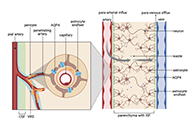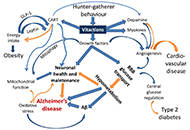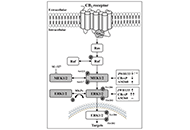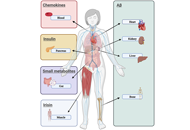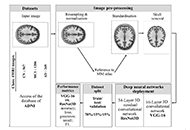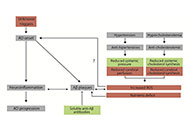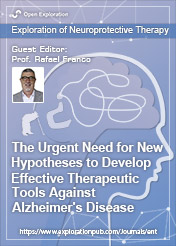
The Urgent Need for New Hypotheses to Develop Effective Therapeutic Tools Against Alzheimer's Disease
Guest Editor
Prof. Rafael Franco E-Mail
Professor of Biochemistry and Molecular Biology, Universidad de Barcelona, Barcelona, Spain
Research Keywords: G protein coupled receptors (GPCR); Alzheimer's Disease; Parkinson's disease; neuroprotection; microglia; neurodegeneration
About the Special lssue
The amyloid hypothesis has not led to any effective therapeutic intervention for the management of Alzheimer's disease (AD). The controversy over whether protein aggregation is the cause or consequence of AD is no longer relevant. The urgent thing is to formulate hypotheses that can explain why neurons begin to suffer and finally die and cause the disease. This special issue seeks strong hypotheses as well as novel contributions focused primarily on the patient and taking data from patients, ranging from the type of profession to the events, emotional or clinical, surrounding the date of onset. Also welcome are ideas on novel public health studies to correlate lifestyle, neurological and non-neurological diseases, medication, etc., with the onset and progression rate of the disease. The special issue is open both to novel hypotheses, based on scientific criteria, and to studies in patients and controls, regardless of whether they are carried out in a small number of individuals.
Keywords: Alzheimer’s disease; neuroprotection; public health; epidemiological studies; neuronal death; neuronal survival; synaptic plasticity
Published Articles
